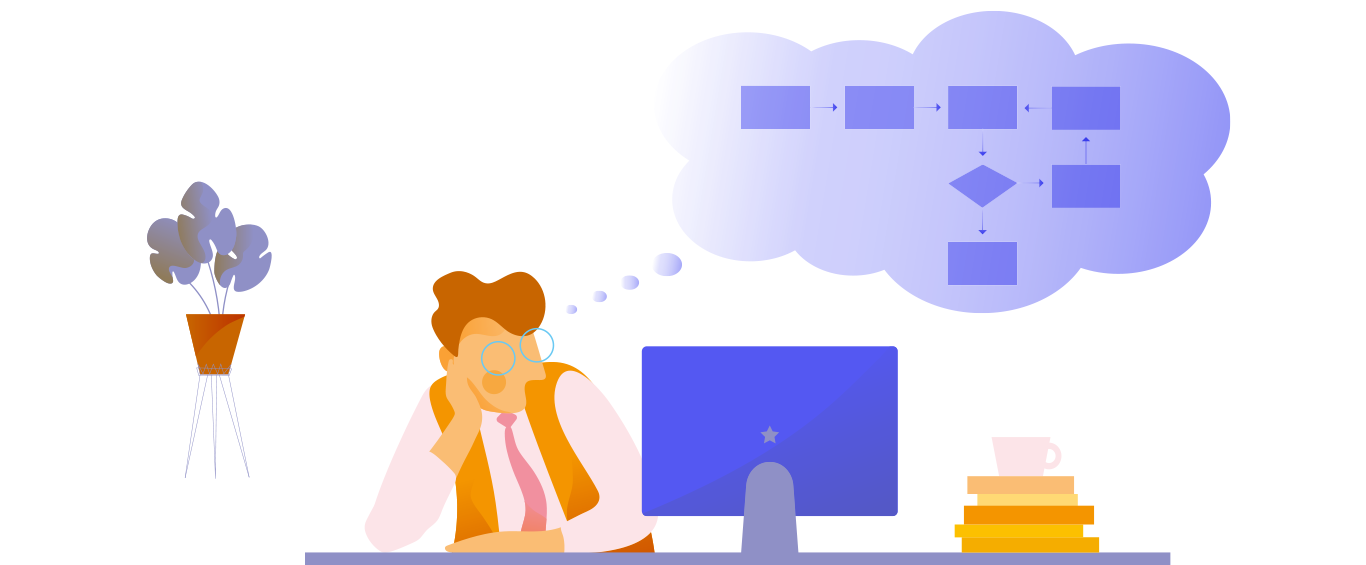
Process
Documenting working methods and routines by drawing up processes makes it easy for employees to see their part in the big picture. With increased engagement, everyone works the same way, but are there more benefits?
Why use processes?
Organisation
Identify strengths and weaknesses
Processes are an excellent way to ensure that the organisation is working together. As an integral part of the daily support, processes go from being a tool for the management team to something where everyone takes ownership. In this way, you can further develop the processes together and identify strengths and weaknesses in the organisation's working methods.
Team
Distribute roles and responsibilities
It can take time before new ways of working become routine, but the whole team knows who does what and in what order with process descriptions. The processes can involve separate departments or exceed team limits and clearly allocate responsibilities and roles.
Individual
Daily support for the employee
Transparent and clear processes with linked guides give employees insight into what, when and how to perform a task. Easy creation allows everyone responsible for or participating in a process to create and improve the process descriptions themselves.

How can InfoCaption's process tool help?
With an unlimited number of licenses, several employees in the organisation can quickly draw professional process descriptions and flowcharts. It's easy to divide complex processes into smaller sub-processes and link relevant guides to each step.
Responsibility can be delegated throughout the business, and working methods are easily mapped by individuals who perform the task regularly.
From Workflow guides to Process, what's the difference?
Workflow is a type of guide that's always included when you purchase InfoCaption as a platform. The Process extension offers many more features if you're looking for a more comprehensive process tool.
Workflow guides Process
Create workflow processes in a web-based interface
Connect guides and documents to the different parts of the process
Create general processes and break them down into detailed processes
Organise processes into process types
Follow up on changes using the built-in version control
Create flowcharts with connections between processes
Set process status
Connect process owners, responsible positions or roles to specific processes

It's not as complex as it sounds; we'll show you how!
We are happy to help you with how our process tool - a word that many reject - can easily be implemented in your organisation. Do not let the innocent processes and flowcharts discourage clarity, structure and engagement.
Get in touch, and we will show you how the tool works and how you can easily create and maintain processes.


